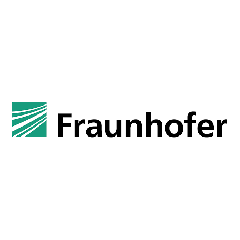Fraunhofer IWES has now extended its index for the German Bight for the year 2017. The index provides information on how high the maximum available natural energy yield was compared to previous years. This evaluation helps operators to quantify performance losses and to identify and resolve the causes. Overall, the final index for the past year was between -2.0 and +0.9 percent compared with the years 2007-2016.
In 2017, the months of January and July-September stand out with an especially low yield far behind average and trailing up to 20 percent behind the corresponding results of the preceding 10-year period. However, the very windy months of February, March, and October were able to compensate for this poor result. Altogether, the offshore wind conditions in 2017 compared well to the average. Regional differences in the wind index can be traced back to differences in the storm tracks as well as the importance of coastal effects. Wind farm clusters further away from the coastline are characterized by positive wind indices and clusters closer to the coast slightly negative ones. These findings were confirmed by the comparison of FROENIX simulation data with the production data of multiple offshore wind farms in the German Bight.
The “Offshore Wind Energy Index” (FROENIX) is based on mesoscale simulations of more than a decade with a resolution of 30 minutes. The horizontal resolution of the simulations is 2.1 km. FROENIX is updated in late spring every year and can be accessed online. Upon request, Fraunhofer IWES can also make additional and more detailed data available, such as time series, wind fields, and statistics. The institute offers interested parties a wide range of options for evaluating wind farm performances based on the results of these wind field analyses. This includes but is not limited to: yield studies and wind power performance assessments, offshore wind measurements, and numerical simulations of the interaction between individual wind turbines, whole wind farms, and wind farm clusters.
More info: www.windenergie-cfd.de/en.html


























